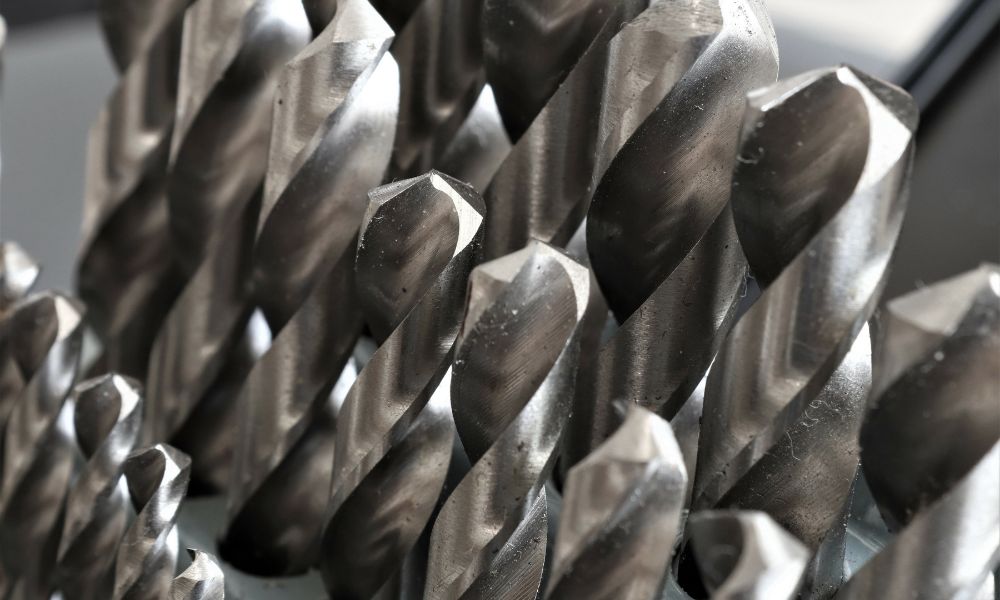Finding the perfect drill bit can streamline your effort when you’re drilling through challenging, complex materials. But how would you know which option to choose for drilling? Here are the differences between carbide and cobalt drill bits and how they perform.
What Is a Carbide Drill Bit?
Carbide drill bits, also known as tungsten carbide drill bits, are constructed of solid carbide to help increase metal cutting feeds and speeds while providing durability for cutting edges. They’re efficient drill bits that offer high-speed drilling on fiberglass, reinforced plastic, and non-ferrous metals.
Carbide drill bits can last longer and can drill over 1,500 to 2,000 holes before needing resharpening. However, they aren’t suitable for impact drills but perfectly suit high-production drilling applications.
How Is It Used?
One way carbide and cobalt drill bits differ is in their uses. Carbide drill bits can withstand extreme temperatures and offer higher wear resistance, giving them a longer performance life span, a greater cutting speed, and enhancing manufacturing throughput. As a result, carbide drill bits are meant to demand hard materials performance.
What Is a Cobalt Drill Bit?
Cobalt drill bits are constructed from 5 to 8 percent cobalt concentration and high-speed steel, offering heat and wear resistance. Cobalt becomes added to stainless steel alloy during construction, allowing for resharpening without losing the drill bit’s cutting quality and performance.
Cobalt drill bit has impeccable strength and performs at higher speeds than high-speed steel drill bits. They can also withstand heat, performing for longer periods without cooling or needing cutting fluid.
How Is It Used?
Cobalt drill bits are used for cutting through hardened or abrasive materials, such as cast iron, bronze, stainless steel, and titanium. When choosing cobalt drill bits for the job, its strength is better suited for tough performance but not preferred for general applications. Moreover, cobalt drill bits offer corrosion resistance to help retain their condition in all storage and usage conditions.
Depending on the job you need to perform, cobalt drills are perfect for complex, challenging drilling applications. As for carbide drill bits, they work for hardened plastics and non-ferrous metals. Both make for the ideal addition to your industrial applications.





